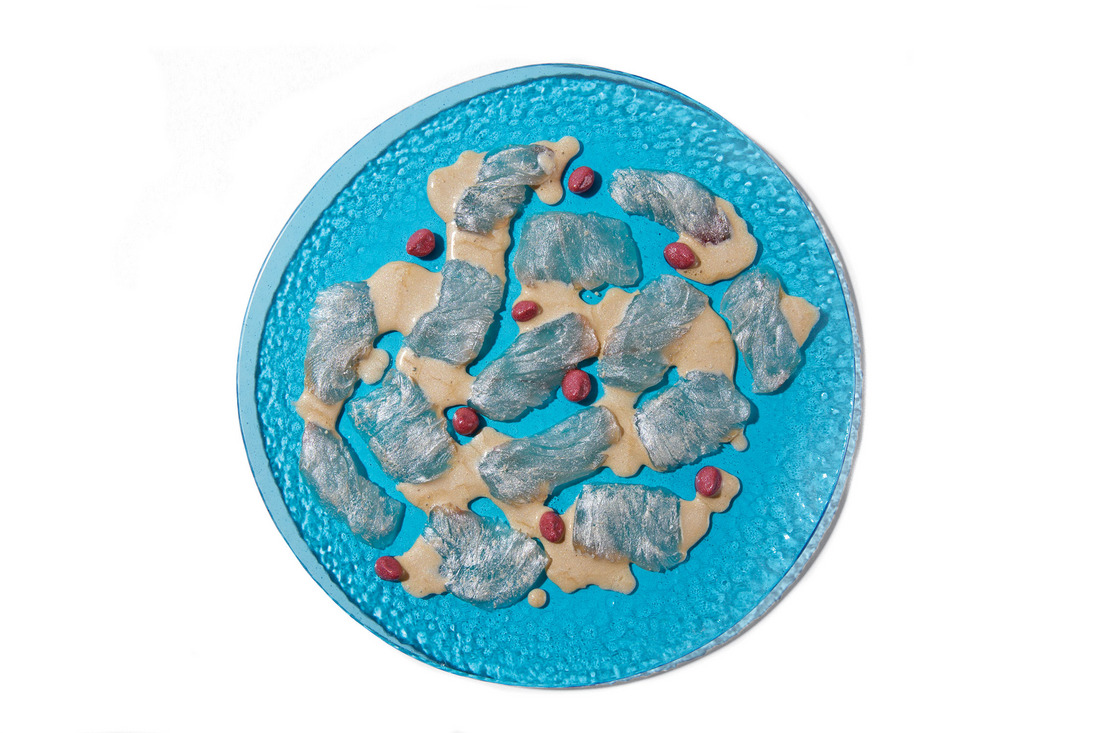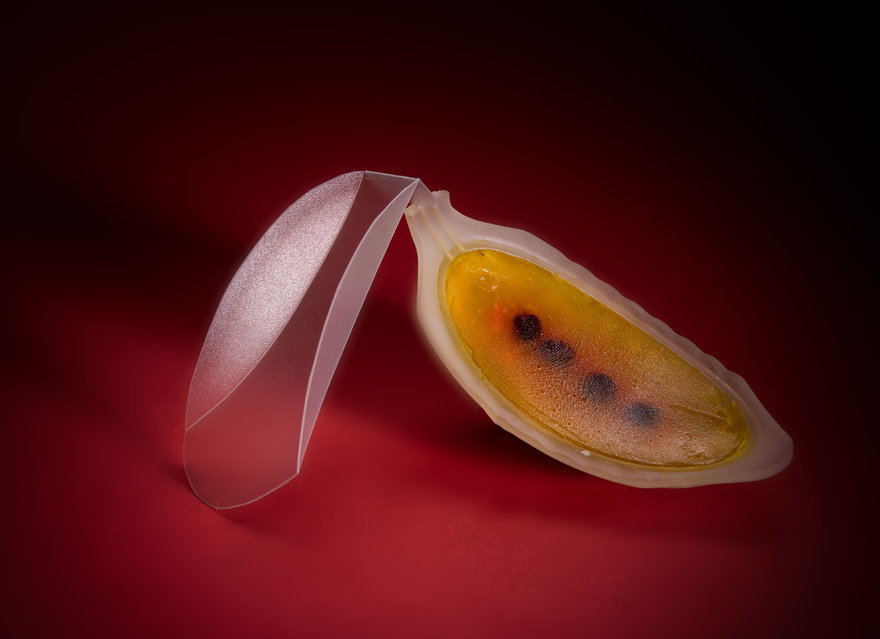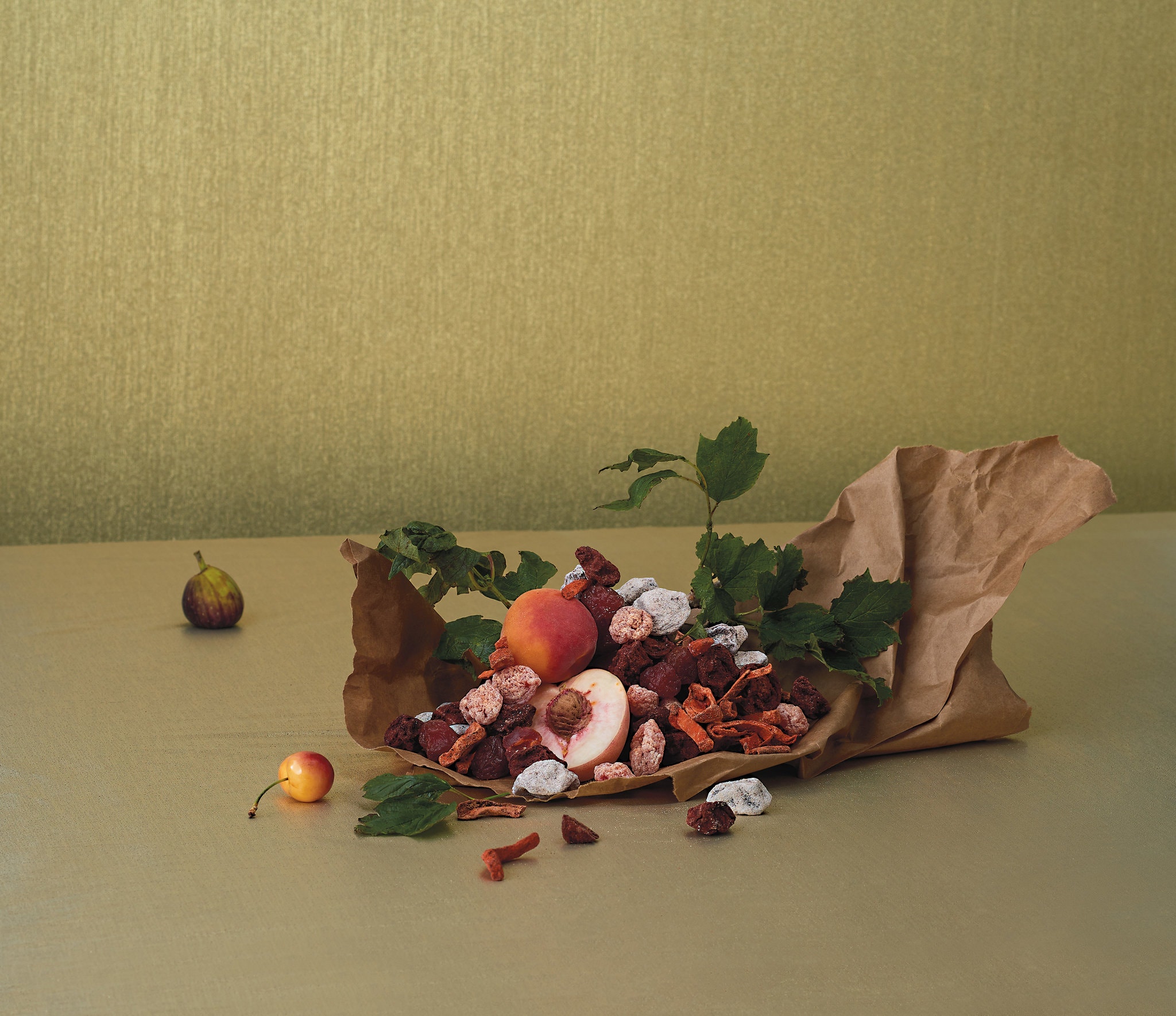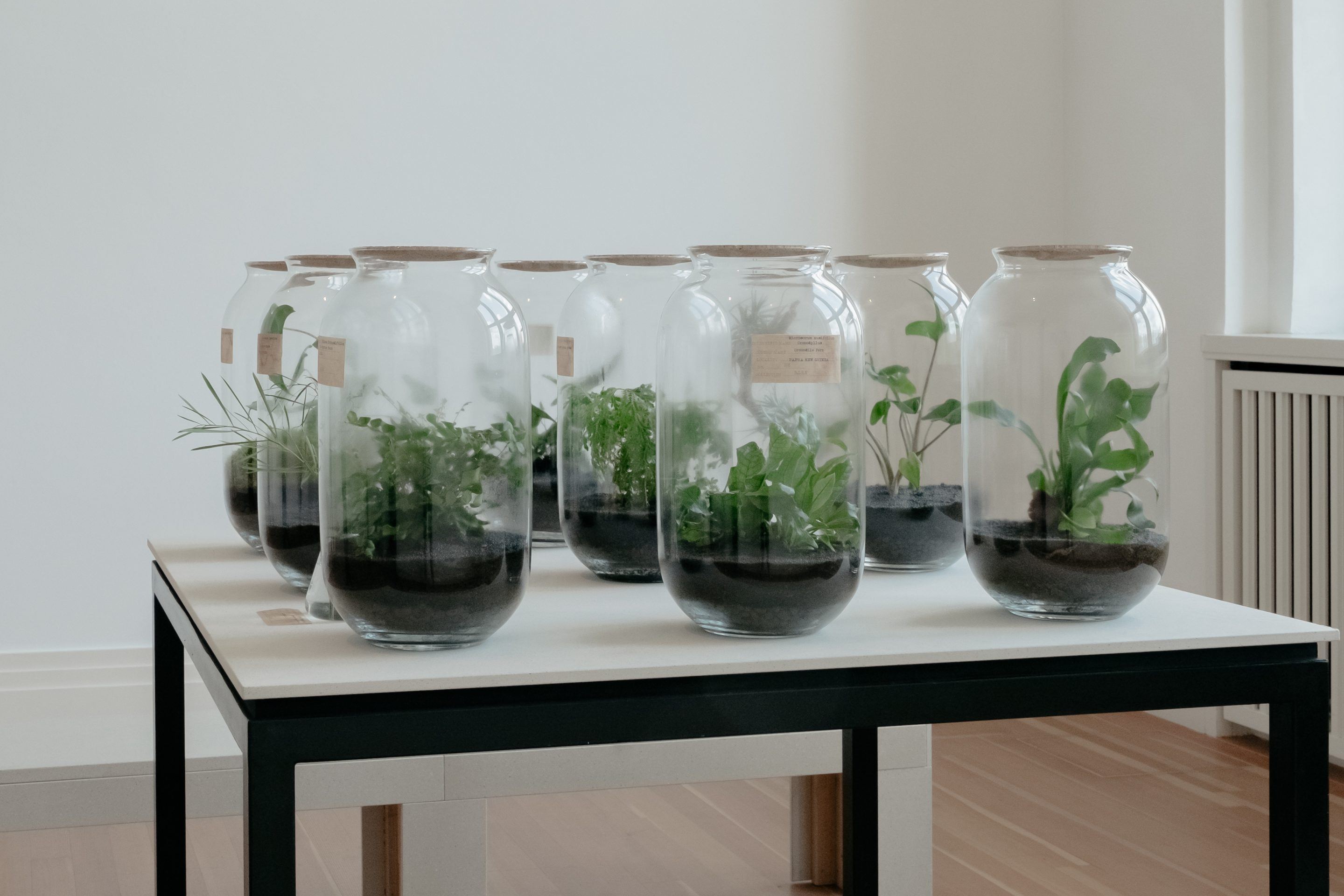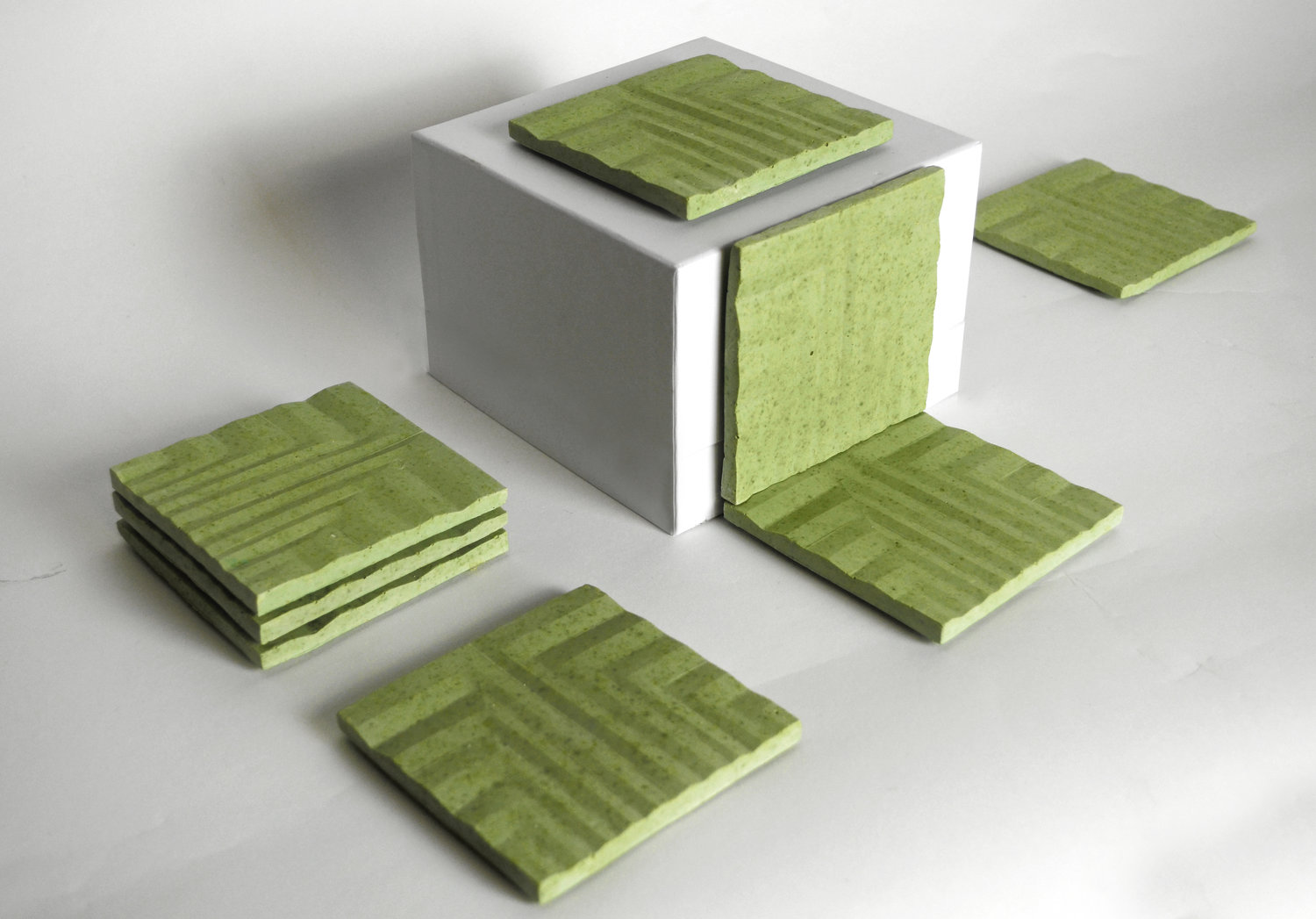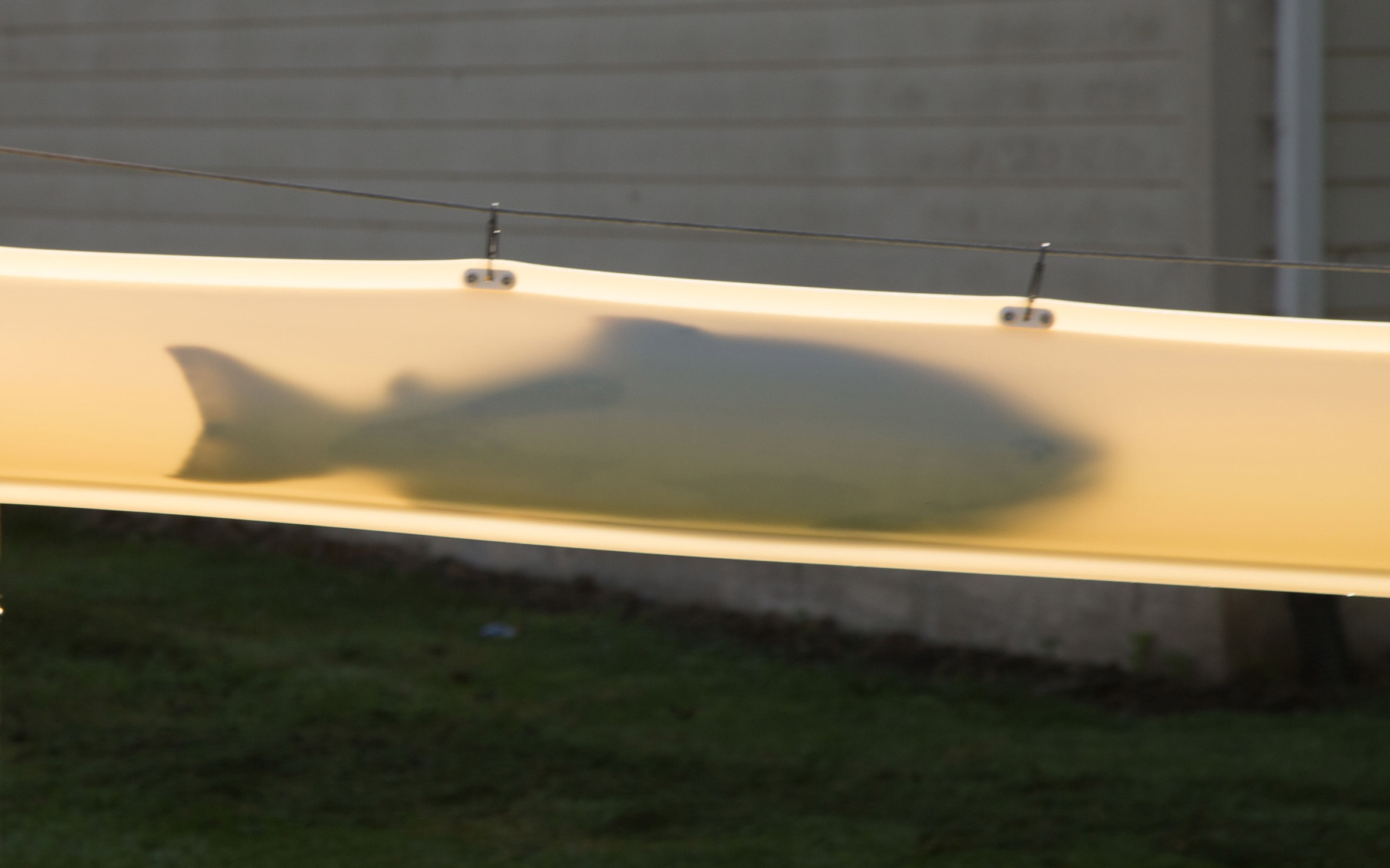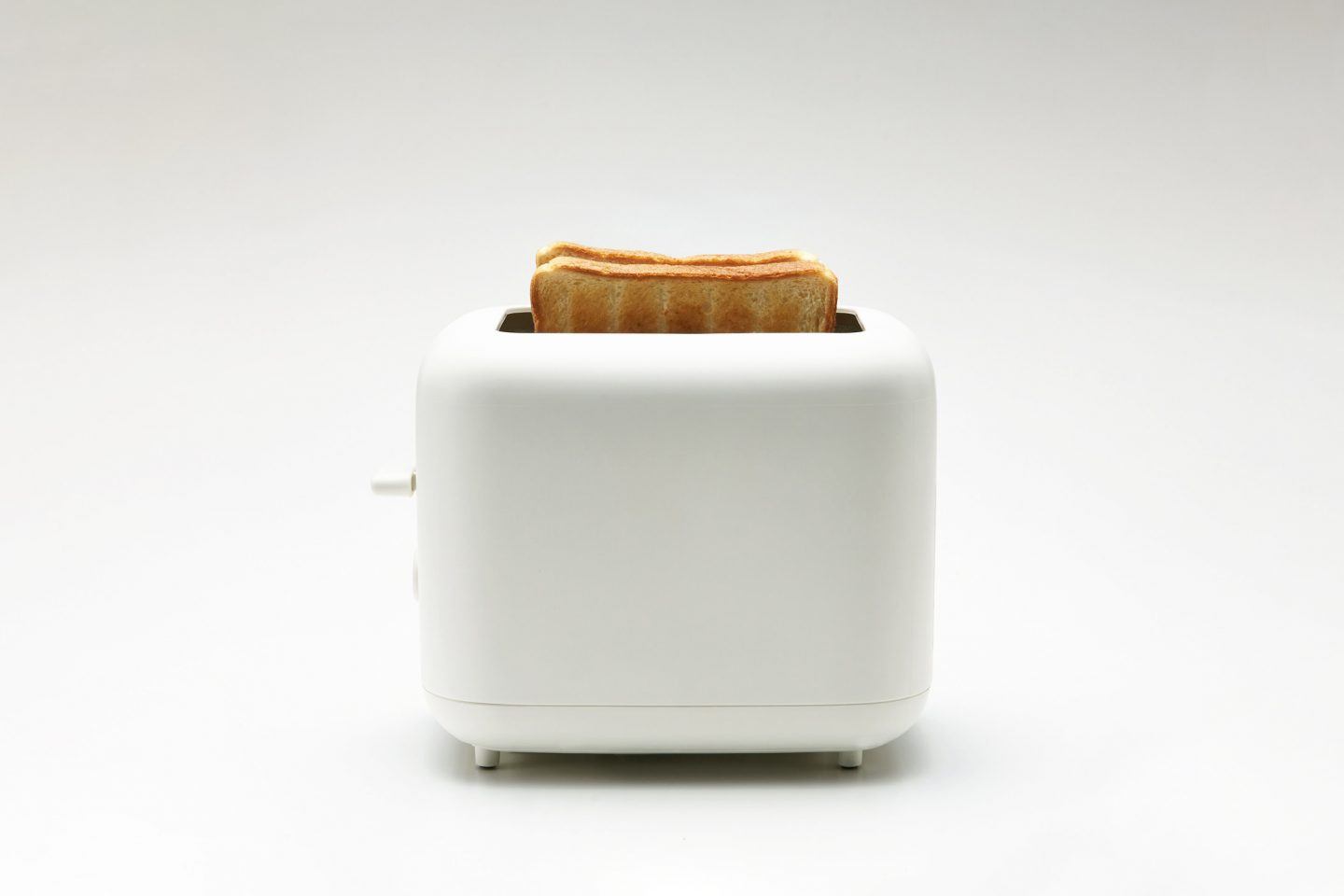Our weekly serving of off-the-menu items—a few popular favorites from the week, as well as a few morsels that may have slipped your notice.
Learning to Love Your Veggies
The bitter flavor of green veggies is often considered an acquired taste, with young children refusing to eat broccoli or brussel sprouts. However, new research by the American Chemical Society indicates that a chemical change in your saliva is actually responsible for making bitter greens more palatable. The study indicates that after repeated consumption of bitter foods, subjects’ saliva began producing proteins that mitigated the bitter taste.
Coffee Delivery Via Drones
IBM’s newly patented drones are meant to deliver your coffee to you. The drones can be used in either an office or cafe setting, and can either deliver a preordered drink, or may be flagged down if a consumer is thirsty. Using fitbits and sleep-tracking data the coffee-delivering drones may also be able to predict when someone needs their next caffeine boost!
Ancient Utensils for a Modern Kitchen
Tel-Aviv based designer Amalia Shem Tov has created a set of kitchen tools inspired by ancient cooking implements, prompting people to reflect on more traditional methods of cooking. The tools are a departure from modern kitchen utensils, which typically make cooking faster and easier; instead, Tov’s implements require a little extra effort when working with food. She hopes that this will connect people with the food the make, and inspire more in depth analyses of how humans relate to machines.
Freeing the Animal Crackers
In response to criticism from PETA, Nabisco has officially redesigned the packaging of its iconic Animal Crackers. The previous packaging was condemned for its depiction of animals behind cage bars, which critics cited as reminiscent of animal mistreatment. The packaging now shows the animals roaming in their natural habitat, with a zebra, elephant, lion, giraffe, and gorilla strolling across a savanna-like grassland.
Data Driven Food Waste Solutions
Food startup LeanPath aims to track kitchen data to help restaurants avoid wasting food. LeanPath’s software notifies commercial kitchens which ingredients deteriorate more quickly, and monitors foods that are overproduced. To encourage kitchens to make decisions based on the data produced, LeanPath also creates goals and proposes solutions based on an individual kitchen’s practices.
[Editor’s note: Read more about design driven-solutions to reimagine food waste as a resource in MOLD Magazine Issue 3]





